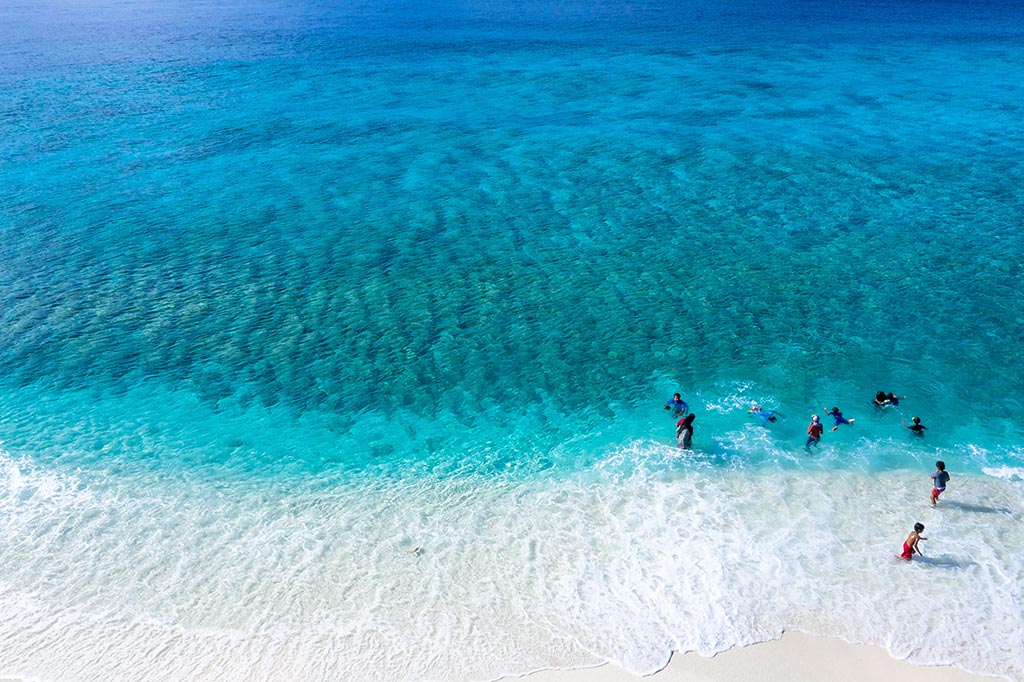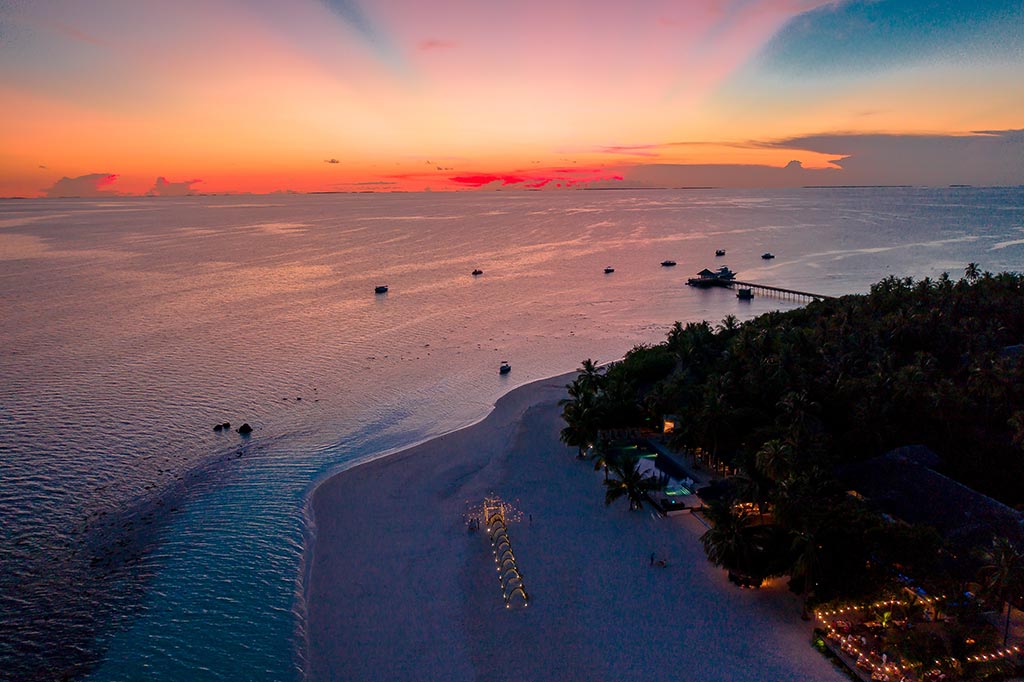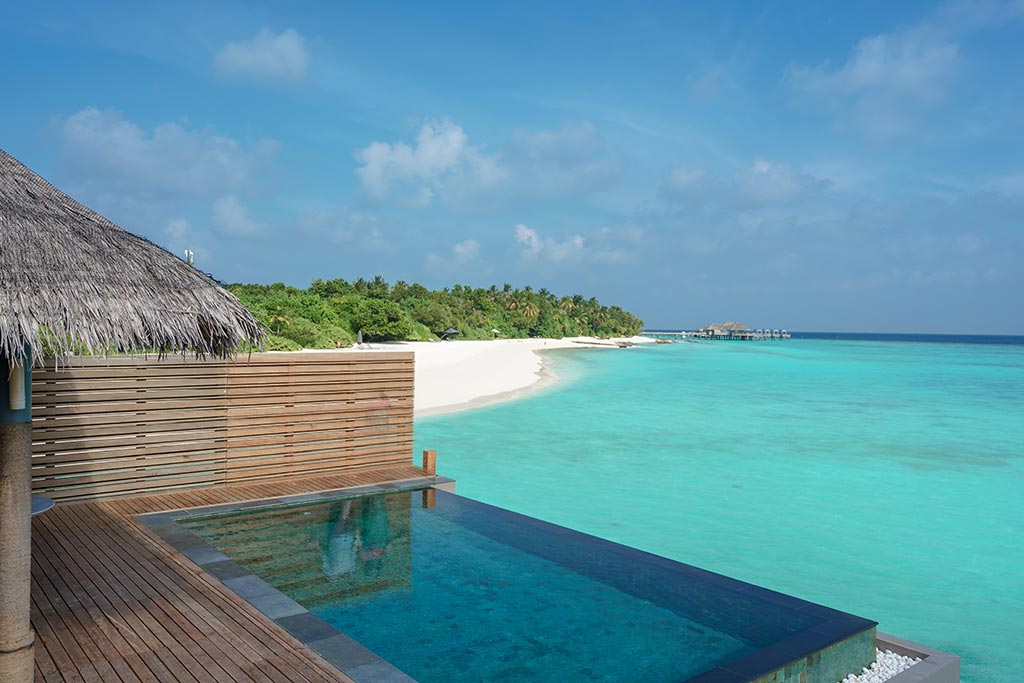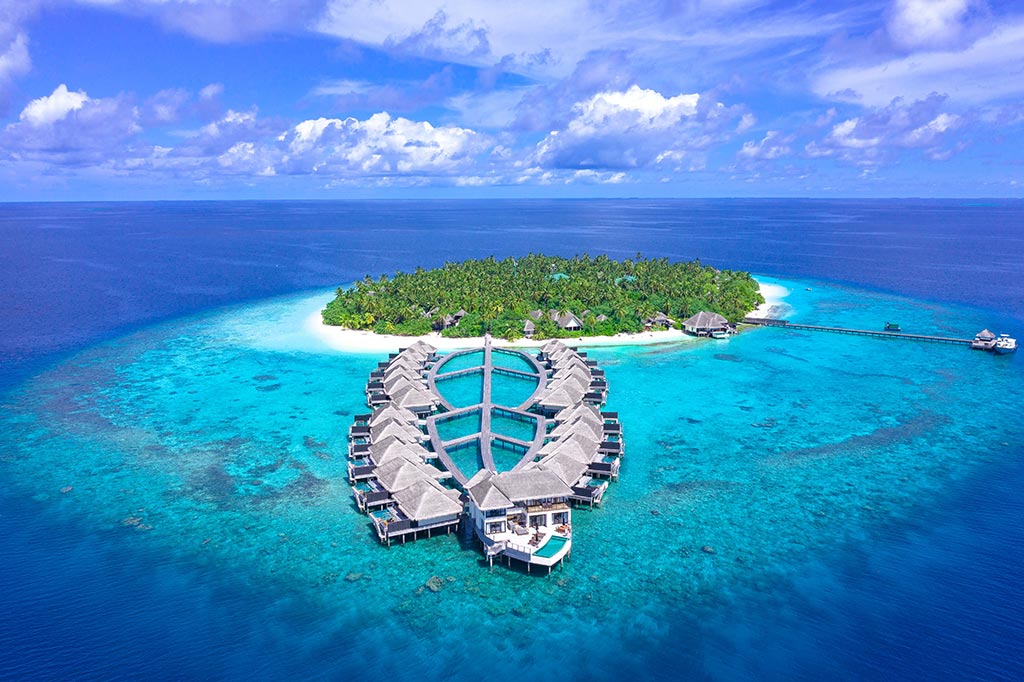The Maldives, a tropical paradise renowned for its exquisite beauty, is not only a top destination for travelers seeking relaxation and luxury but also a place where conservation efforts are at the forefront. With rising concerns about the impact of tourism on delicate ecosystems, the Maldivian government, locals, and businesses have united to protect and preserve the fragile environment of this breathtaking destination. From eco-friendly resorts to marine conservation projects, a collective effort is underway to ensure that the Maldives remains an enchanting and sustainable haven for generations to come.

Recognizing the importance of sustainable tourism, the Maldivian government has implemented various initiatives to minimize the ecological footprint of the industry. One such initiative is the Maldives’ commitment to becoming a carbon-neutral destination. Numerous resorts have adopted eco-friendly practices, including using renewable energy sources like solar power to reduce reliance on fossil fuels. In addition, efforts are made to minimize waste generation and promote recycling, with many resorts implementing waste management strategies to ensure responsible disposal and recycling practices.
Eco-friendly resorts have become a cornerstone of the Maldives’ sustainable tourism efforts. These green oases are designed to blend harmoniously with the natural surroundings, incorporating environmentally conscious architecture and practices without compromising on luxury and comfort. The construction of overwater bungalows, which initially raised environmental concerns, has been modified to be less intrusive on marine life and coral reefs. Moreover, many eco-resorts offer organic and locally sourced cuisine to support the local economy and reduce the carbon footprint associated with food transportation.

Marine conservation projects play a vital role in preserving the Maldives’ underwater wonders. Local communities, non-governmental organizations (NGOs), and marine biologists collaborate to protect the coral reefs and the marine life they support. Coral bleaching, a consequence of rising sea temperatures, poses a significant threat to the reefs. Conservationists engage in coral reef monitoring, coral propagation, and reef restoration programs to ensure the health and resilience of these delicate ecosystems.
Community-based conservation efforts involve the active participation of locals who rely on the marine environment for their livelihoods. Many fishing communities have embraced sustainable fishing practices, including adopting responsible fishing techniques and adhering to catch limits to prevent overfishing. Furthermore, the Maldivian government has established marine protected areas to safeguard vital habitats and promote biodiversity conservation.

The Maldives is a global leader in advocating for marine conservation and climate change awareness. The annual “Underwater Cabinet Meeting,” a symbolic event where government officials hold meetings submerged in the ocean, raises international awareness about the impact of climate change on low-lying island nations like the Maldives. This unique initiative underscores the urgency of addressing global warming and its implications for vulnerable island communities.
The Maldivian people themselves are deeply committed to preserving their natural heritage. Many resorts and local communities engage in beach clean-up campaigns to keep their shores pristine. Educational programs are conducted to raise awareness among both residents and visitors about the importance of environmental protection. These efforts foster a sense of stewardship and responsibility towards the fragile ecosystem of the Maldives.
In addition to marine conservation, efforts are also underway to protect terrestrial biodiversity. The Maldives is home to unique flora and fauna, including several endemic species. Conservation projects aim to preserve the islands’ lush vegetation, rare plant species, and the habitats of native land-dwelling creatures.
Education plays a significant role in sustaining conservation efforts. Many resorts offer guests the opportunity to participate in marine conservation programs, including coral planting and fish monitoring. By involving tourists in hands-on activities, a deeper appreciation for the Maldives’ marine life and the importance of preserving it is fostered.

In conclusion, the Maldives stands as a shining example of how tourism, conservation, and sustainability can coexist harmoniously. The efforts taken to preserve the pristine beauty of this breathtaking destination showcase the power of collaboration between travelers, locals, and the government. From eco-friendly resorts to marine conservation projects, the collective commitment to protect the fragile ecosystem of the Maldives ensures that future generations can continue to marvel at the beauty of this enchanting paradise. As we continue to witness the positive impact of these endeavors, the world can draw inspiration from the Maldives’ dedication to sustainable tourism and environmental stewardship.

